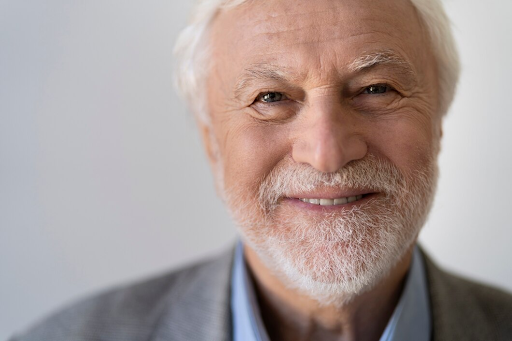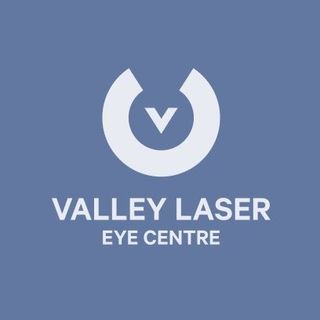One of the most common vision problems is hyperopia, also known as farsightedness. It’s most identifiable by an individual quickly perceiving things at a distance but having difficulty with nearby objects. With this condition, your eyes focus better on distant objects than ones right in front of you.
Fortunately, this problem is reasonably easy to treat. In mild to moderate farsightedness cases, an individual can see both near and far away without glasses. This is attributed to the eyes’ muscles and lenses, which can adjust to overcome the issue.
What Exactly is Hyperopia?
Hyperopia occurs when a cornea is flattened or if the eyeball is short, which negatively impacts the way light reaches the eye. Individuals with farsightedness often don’t have problems seeing faraway objects clearly and distinctly, but struggle to see items that are much closer to them.
Under normal conditions, your eyes concentrate on light rays that enter it, relaying the image of what it sees to your brain. With farsightedness, light rays don’t focus as they’re supposed to. Instead of focusing the image right on your retina’s surface, it is sent to your retina’s back, which makes images blurry.
What Causes Hyperopia?
Similar to myopia, hyperopia is often caused by genetics. If one or both parents have farsightedness, then there’s an increased possibility of passing it onto their offspring. This reason is why young children may struggle with perceiving nearby objects. Hyperopia is typically not acquired through time or eye strain but inherited genes.
Many people incorrectly believe that hyperopia occurs as they get older. Although age often affects how the body repairs itself and presents in the deterioration of certain functions, including eyesight, it does not inherently result in farsightedness.
What are the Symptoms and Diagnosis?

Hyperopia has many symptoms that range from subtle to severe. If you suffer from blurry vision and have trouble focusing on objects within reach, you may be farsighted. If reading or writing gives you eye strain, it’s also a sign that you have hyperopia.
Sometimes, these symptoms can be so subtle that some farsighted patients have no idea they have a vision problem. Many people initially do not need treatment thanks to the eye’s natural ability to adjust and correct the refractive error. However, if left untreated, the eye will lose its natural corrective capacity, and you’ll need the appropriate treatment.
Thankfully, hyperopia is easy to diagnose. Through a comprehensive eye exam conducted by an ophthalmologist, patients will almost immediately learn whether or not they have this vision problem. However, when children or young adults have mild hyperopia, they may not need to seek corrective treatment until they get older.
What are the Treatments?
Hyperopia can be treated in many ways. One of the most common ones is corrective lenses through glasses or contacts. However, some individuals may prefer to correct the problem permanently.
An option to consider is LASIK surgery, which is an excellent way to remove the need for glasses or contact lenses altogether. This type of surgery corrects vision by using laser technology to reshape the cornea. This treatment offers a rapid recovery of sight and is one of the most popular options.
Meanwhile, photorefractive keratectomy (PRK) removes the cornea’s top layer, also known as the epithelium. The surgeon then reshapes the cornea’s inner layers using the lasers while fixing any irregularities in your eye.
Conclusion
Although hyperopia is an incredibly common vision problem, there are many accessible ways to treat it. If you’ve been experiencing hyperopia signs and symptoms, consult an ophthalmologist to diagnose your problem accurately. With this knowledge and your doctor’s help, you can determine the treatment that is best for your situation.
Hoping to consult with a laser eye clinic to talk about your vision problem? Visit us at Valley Laser Eye Centre! We are a vision correction centre in Abbotsford, BC that has the latest technology, a comfortable setting, and fantastic staff that will give you the best patient experience possible. Book your consultation with us today!
*This blog post does not replace medical advice and should not be implemented prior to consulting a fully certified medical professional. *





